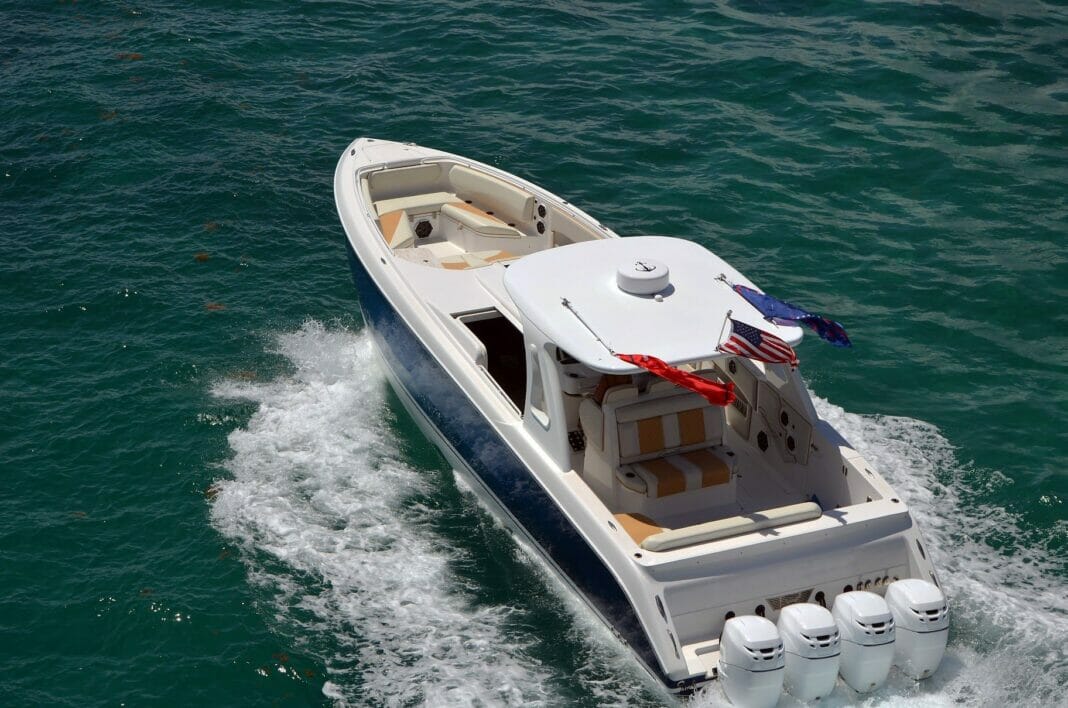Getting out on the water can be a great way to enjoy nature and relax, whether you’re boating, kayaking, paddleboarding or partaking in any other water activities. However, navigating the water presents certain risks, and it’s important to stay safe and be prepared at all times. We can learn a lot from the experts who have spent countless hours on the water enforcing maritime laws, conducting search and rescue missions, and maintaining navigational aids. Below are some expert tips from the Coast Guard that you should follow to ensure a safe and enjoyable experience on the water.
1. Wear a Life Jacket
One of the most important pieces of safety equipment that you should always wear on the water is a life jacket. According to the Coast Guard, drowning is a leading cause of death in boating accidents, and 84% of drowning victims were not wearing a life jacket. Life jackets are designed to keep you afloat, allowing you to breathe more easily and increasing your chances of being rescued if you fall into the water.
Choosing the Right Life Jacket
Selecting the appropriate life jacket for your body type and water activity is crucial. Make sure it fits well and won’t slip off; it should also be comfortable enough that you won’t mind wearing it throughout the day. Life jackets come in different types (Type I, II, III, IV and V), each with different intended uses and flotation capabilities. It’s essential to familiarize yourself with the different types of life jackets and choose one that works best for your activities.
2. Check Weather and Water Conditions Before Setting Out
Always check the weather forecast and water conditions before setting out on the water. Even if the day starts with clear skies, conditions can change quickly, and storms can roll in unexpectedly. Be aware of any weather or marine advisories, and listen to the Coast Guard’s guidance about navigating in potentially hazardous conditions.
Plan Your Route
After checking the weather conditions, it’s also essential to plan your route on the water so that you know where you’re going and how long it’s likely to take you to get there. Be realistic about your own abilities and familiarize yourself with the area as much as possible before setting out. Always share your itinerary with a family member or friend onshore, so someone knows where you are and when to expect you back.
3. Be Prepared for Emergencies
No matter how careful you are, accidents can still happen. It’s essential to be prepared and equipped to deal with emergencies on the water. Some essential items to have on your boat are:
- VHF radio
- Flares
- Signaling devices (such as whistles, horns or strobe lights)
- First aid kit
- Fire extinguishers
- Throwable floatation devices
- Paddle or oars
- Flashlights with fully charged batteries
Having these items on hand can help you respond quickly to any emergencies that may arise, increasing your chances of a safe and successful outcome.
Know Your Safety Equipment
It’s not enough to have safety equipment on board — you need to know how to use it correctly. Make sure that everyone on your boat knows where safety equipment is stored and how to use it in case of an emergency. Consider taking a safety course, such as those offered by the Coast Guard Auxiliary or the American Red Cross, to familiarize yourself with safety procedures and best practices.
4. Stay Alert and Maintain Situational Awareness
Staying alert and maintaining situational awareness is essential for staying safe on the water. Keep a lookout for other boats, swimmers, obstacles or changing weather conditions. Be especially cautious in low visibility situations, such as fog, rain, or nighttime conditions, and slow down when necessary to maintain safe navigation.
Follow Navigation Rules and Boating Laws
Navigating the waterways is subject to navigation rules, similar to the rules of the road for cars. Familiarize yourself with the “rules of the road” for boats, and follow all applicable laws and regulations, including speed limits and no-wake zones. The Coast Guard enforces these rules to ensure the safety of everyone on the water.
5. Avoid Alcohol and Drugs While Boating
Operating a boat under the influence of alcohol or drugs impairs judgment, balance, and coordination, increasing the risk of accidents on the water. According to the Coast Guard, alcohol is the leading contributor to boating accidents resulting in death. Stay sober while boating, not just for your safety but also for the safety of those around you.
Designate a Sober Boat Operator
If you plan on consuming alcohol while on a boat, ensure that you have a designated sober boat operator who remains sober throughout the duration of the boat outing. This person is responsible for the safety of everyone on board and should have the necessary skills and knowledge to operate the boat safely.
Staying safe on the water is crucial, and following these expert tips from the Coast Guard will help ensure a safe and enjoyable time on the water. It’s crucial to be well-prepared, have the right safety equipment and follow all rules and best practices. So get out there, enjoy the water, and stay safe!


